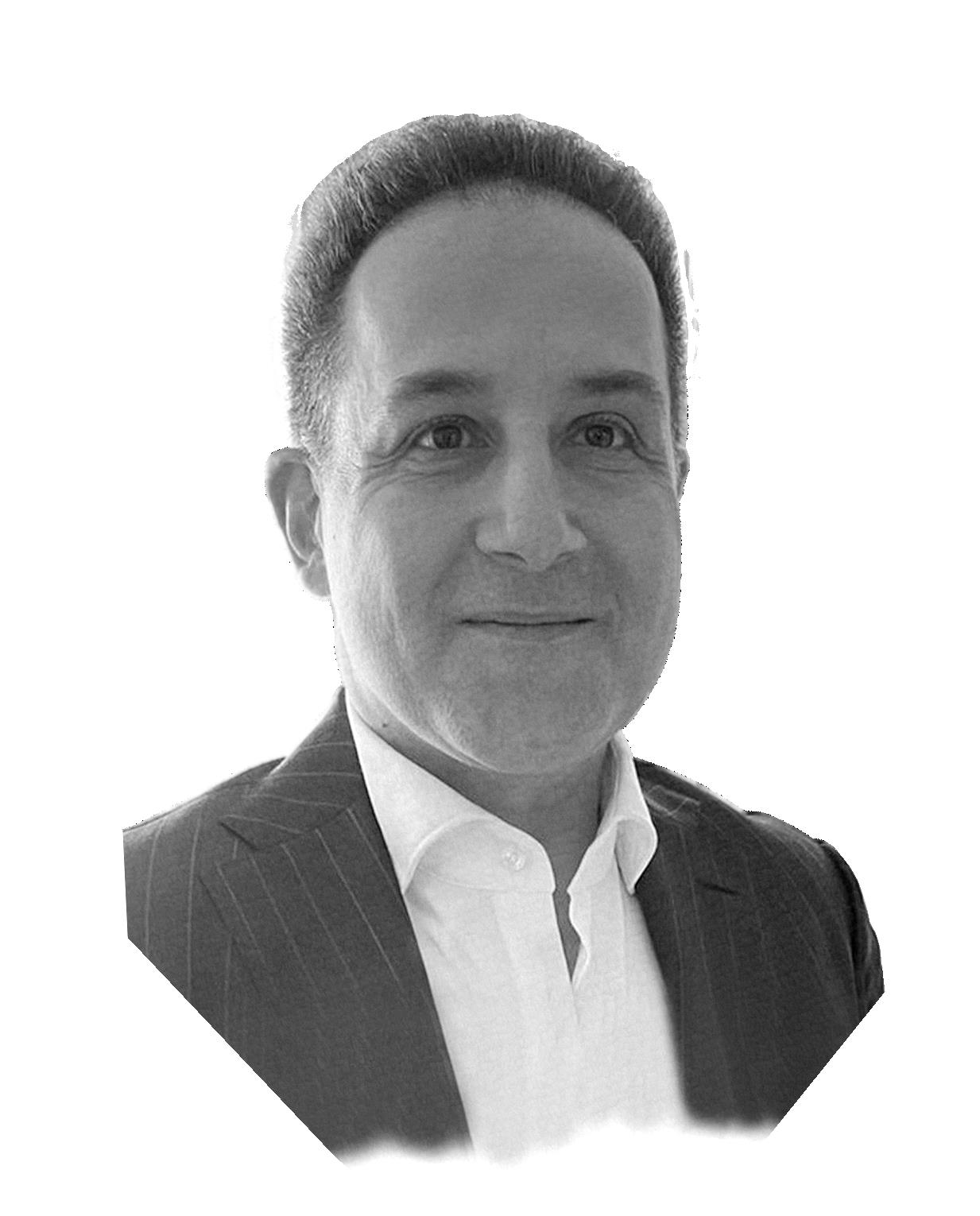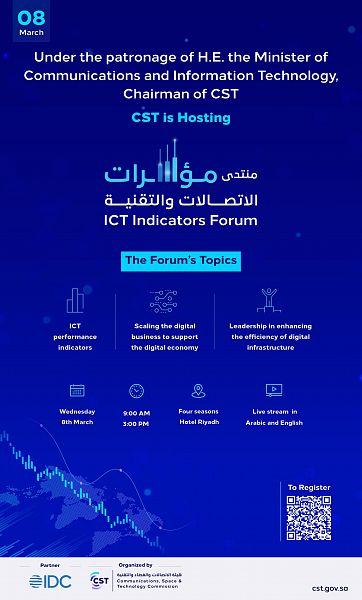
Terrorism is a fast-rising problem in Africa, posing a critical threat that requires international focus and coordinated measures. The news flow is signaling a growing threat across the continent. This is clear with the increasing number of terrorist groups, amid complicated security dynamics between African states. We can also add to the mix the exploitation of technology by these groups, which makes the situation even more explosive.
As risks of the situation worsening become clearer, it is important for the international community to prioritize Africa’s security requirements and build coordinated antiterrorism solutions. A variety of causes are contributing to the increase of terrorism in Africa, ranging from geopolitics to local politics, as well as economic, social divisions, porous borders and identity-based mobilization, all of which have aided the reemergence of dangerous organizations such as Al-Qaeda and Daesh.
The everlasting conflicts, such as the one in Libya, and the nascent conflict in Sudan have and are exacerbating the problem by allowing weapons and foreign fighters to infiltrate weak countries. It is apparent that the continent is in serious need of comprehensive efforts to destroy these terrorist networks and address the core reasons for their proliferation.
Moreover, the terrorism arena is continually changing, posing new challenges that necessitate creative responses. Indeed, extremist groups have adopted modern technologies, such as drones and artificial intelligence, as instruments for planning and carrying out attacks. They use coded communications and popular computer games to spread their ideology, emphasizing the need for strong countermeasures that can keep up with their evolving techniques. As a result, the international community must be present in the “metaverse,” as well as on the ground, with the intelligence capabilities to detect and neutralize the cyber components of this conflict.
It is important for the international community to prioritize Africa’s security requirements and build coordinated antiterrorism solutions
Khaled Abou Zahr
Vacuums, without a doubt, invite these organizations to settle in and grow. This is what has already occurred in numerous locations, most recently in Syria. As a result, there is a shared responsibility to address this fight. There is a need to boost counterterrorism measures and, in order to prevent the spread of extremist ideology, international cooperation, information sharing and capacity-building activities should also be included.
The strategy must include a military component, but it must also take a holistic approach. Indeed, in order to effectively combat terrorism, it is necessary to address the underlying causes of radicalization and recruitment. Poverty, discrimination, insufficient infrastructure and interconfessional violence provide excellent environments for extremist ideologies to grow. Therefore, investments in security for and by local populations, social development, education and health infrastructure are needed in order to protect vulnerable communities. Many experts build their entire strategy on this holistic approach, which necessitates collaboration among governments, international organizations, civil society and the private sector. This is wishful thinking.
I believe this approach is a necessity, but I also believe that, in one form or another, all terrorist groups are state-sponsored, profiting from the assistance of a state’s intelligence service. As conflicts between African countries become more apparent, especially in a global West versus East environment, one must keep this in mind, as these are tools used for deniability. Unfortunately, with these actions, everyone loses out in the longer term except the terrorist organizations. This is a main factor in the emergence of terrorism in Africa. As the Syrian file closes, the African one opens. The invitation is the vacuum, but also more. The exploitation of armed groups is nothing new.
In order to effectively combat terrorism, it is necessary to address the underlying causes of radicalization and recruitment
Khaled Abou Zahr
Furthermore, there are lessons to be drawn from France’s military participation in the Sahel, which has been a source of contention in France and Africa for many years. Operation Barkhane, which began in 2014, officially ended in November 2022. However, France’s military presence in countries such as Niger and Chad is still a necessity, despite the debates around it. But a prolonged presence raises questions about the clarity of its objectives, the legal basis for action and the efficacy of its techniques, so this must be reconsidered and addressed.
And so, as France reconsiders its Sahel strategy, there is an opportunity to rebalance its approach and enlist allies in the EU to also include this holistic response, while sending strong messages to African countries that using these terrorist groups is a red line. Steps could include training local security forces and increasing their capabilities, supporting municipal reforms, investing in long-term development and encouraging dialogue. By emphasizing these nonmilitary aspects, France may help to ensure long-term stability and address the root causes of terrorism. It is also something that the local government would appreciate. France is in the best position to implement this new approach to combating terrorism in Africa.
The growing threat of terrorism in Africa necessitates a comprehensive response based on international cooperation and shared responsibility. And I cannot emphasize enough that stability in Africa will be found the same way it has been found with Europe: a union. The EU, with the support of the US, is well placed to take on this responsibility and engage the international community to provide such a framework for a true African union.
In the meantime, to lower the dangers and avoid the revival of terrorism, there is a necessity to strengthen security capabilities, which would enable strong economic and social development. A failure to act decisively would have disastrous consequences not only for Africa, but also for global security. There is a necessity for a coordinated and powerful response, as well as a long-term vision for the continent.
Khaled Abou Zahr is the founder of Barbicane, a space-focused investment syndication platform. He is chief executive of EurabiaMedia and editor of Al-Watan Al-Arabi.









